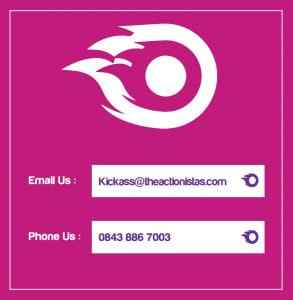Time For Money
We were thinking about time and how we almost always imagine a straight line of time. It got me thinking about the time we all need for our businesses and how so many of us feel there is never enough. Of course we all have the same amount of time in a day but it’s how we choose to spend it that counts. This is true in all areas of life but crucial in business, particularly service businesses.
The time for money trap
When I was a fledgling lawyer back in the 1980s every minute of my time between the start and end of the working day was accounted for on a sheet of paper. All in neat little lines, recorded on a hand written sheet, 6 minutes or one unit of time per line. I billed clients and accounted for the time I spent that could be billed/not billed. It was a crucial tool for all of us, as our worth to the firm – our employer – was only measured in billable units banked. That is the time we could charge was one total and the amount we recovered from the client was another total. This meant we all accurately recorded and invoiced time, as a dispute over billable hours affected our own bank balances and job security. So we got pressure both ends, time we could bill and firm and client scrutiny over the charges we made.
The big lie you tell yourself about time for money
Nothing changed in my own business. I carried forward the same principle of swapping time for cash when I started my own business as this was the service model I knew. It’s safe to say I did not understand there were different business models and I had, when I started my own business back in 1994, never heard of value pricing. As a lawyer my time was charged out at an hourly rate and no matter how hard I drove myself my billable hours were always capped by the number of hours I could bill for and of course the time I could work. Holidays, ill-health, time off with family all were seen as encroaching on the billable time. Many of us worked long hours, late into the evening, weekends were eroded both ends, Saturday morning client appointments and Sunday afternoon and evening catch ups so we could all start the week with a clean slate. 60, 70 or 80 hours a week were usual and I was never alone in the firm, we were all at it. Not a single one of us could make more hours in a day, we just squeezed more work into the working day from our souls. It was hard work and very debilitating.
Switch off
Working with clients now I see the same habits and trends. Switched onto their mobile devices and no plan each morning or start of the week on what time is to be used for the various activities we all have as business owners. Little wonder by the end of each day nothing much has been done and the ‘to do’ list remains undone day after day. Sucked up into the reactive mode of the day where emails, calls and random events take you over, it’s little wonder you lose the planned activity momentum and feel overwhelmed.
One of the first things we work with clients on in all of our programmes is the planning of time and ensuring the standard duties of marketing, invoicing, and what we call heart or soul of the business ie the drive that meant you set up and started it all in the first place comes first. That’s right, in front of all the clients, emails, trivia and must do today stuff it’s about ring fencing the time you need to make your business function and that includes time to replenish your energy or it’s all for nothing.
Deadlines are often self-imposed. It’s true only a certain percentage of the work you will do for your clients and customers is so urgent it must be done same day. If that is the sort of client you are attracting and it doesn’t sit well, it’s time to make a change. You can chat it through with us, get in touch using the details below.
